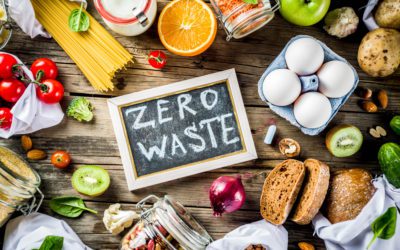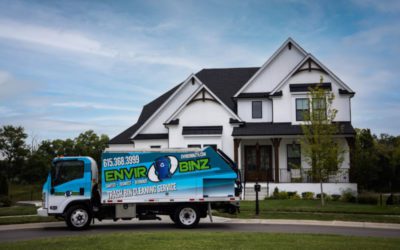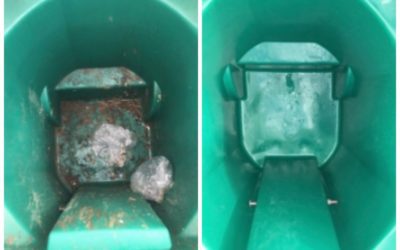Middle Tennessee is a beautiful place to work, live and play. Residents care deeply about this lovely area and want to keep it safe, healthy and free of pollution. But could you be polluting the water inadvertently? Let’s take a look at one area – stormwater – that’s often overlooked in the fight against pollution. (Good news: it can be easily managed!)
What is Stormwater?
When precipitation falls – rain, snow, or water used outside – some of it soaks into the ground. What doesn’t soak in runs off. This is known as stormwater runoff. Impervious surfaces such as roofs, pavement, parking lots, streets and buildings cause the runoff to flow down storm drains.
Stormwater runoff is untreated. It flows directly back into bodies of water including rivers, ponds and waterways. Unlike sewage, stormwater does not go through a water treatment plant.
Stormwater Pollutants
There are lots of pollutants that impact our stormwater that most people probably don’t even consider.
- The car you washed in the driveway? All that soap, salt, grit and grime washes down and straight into the waterways.
- The chemicals you treat your lawn with to green up the grass or control pests? Yep, one heavy rain and the artificial stuff is now in the stormwater.
- The bucket of dirty water from when you mopped the kitchen? Down the storm drain.
- Automotive fluids leaking? They’re running into the waterway, too.
- Pet waste. Pick it up and dispose of it in the trash properly. Because… gross.
Preventing Pollution
So, what can you do to keep the water clean and clear? There are lots of great ideas, many of which are simple, inexpensive and even beautifying.
- Landscape. When you landscape, try using local or regional plants that will thrive in the soil and efficiently use the water.
- Mulch. Using mulch, compost and other natural products can nourish the soil, retain water, prevent evaporation, prevent erosion and reduce weeds.
- Proper disposal. Properly disposing trash, especially hazardous materials, prevents pollution. This includes some surprising items that merit special handling in disposing.
- Use pervious pavements. Permeable paths, like stepping stones or brick, on your walkway or a gravel driveway permits water to penetrate the soil, unlike concrete or asphalt.
- Build a rain garden. A rain garden is a hole, basin, or low area populated with native plants and grass. Using native species and specially blended soil is a natural and beautiful way to slow and filter stormwater, reducing runoff.
- Environmentally conscious cleaning. When you are cleaning something outside, it runs into the storm drain. And if you’re cleaning your outdoor trash can, all the muck goes, too.
Want to help prevent stormwater pollution? Utilize Envirobinz Trash Bin Cleaning Services. The specially designed process uses heated water and high-pressure spray to sanitize without any chemicals. In addition to using much less water than your garden hose, the debris and dirty water is collected in a holding tank for proper disposal.
The best part is that you didn’t have to do it! Call 615-368-3999 for a quote and to establish curb-side outdoor trash bin cleaning. Or, sign up online.



